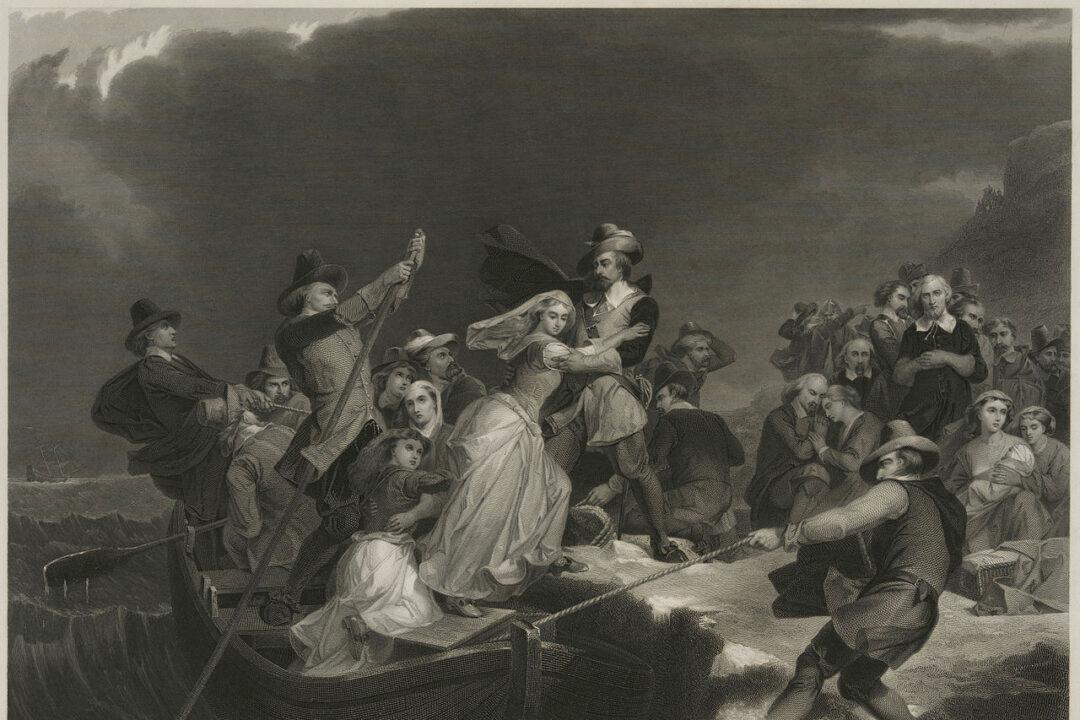It was a rite of spring and not the Igor Stravinsky kind.
At my high school, seniors were given free rein to extol the virtues of their opposite-sex classmates in special end-of-the-year issues: the boys would select the prettiest, cutest (there was some overlap in categories), smartest, etc., girls, and the girls would pick the most athletic, coolest, funniest, etc. boys. The respective choices would be broadcast to the rest of the school, and enduring fame would be yours.






